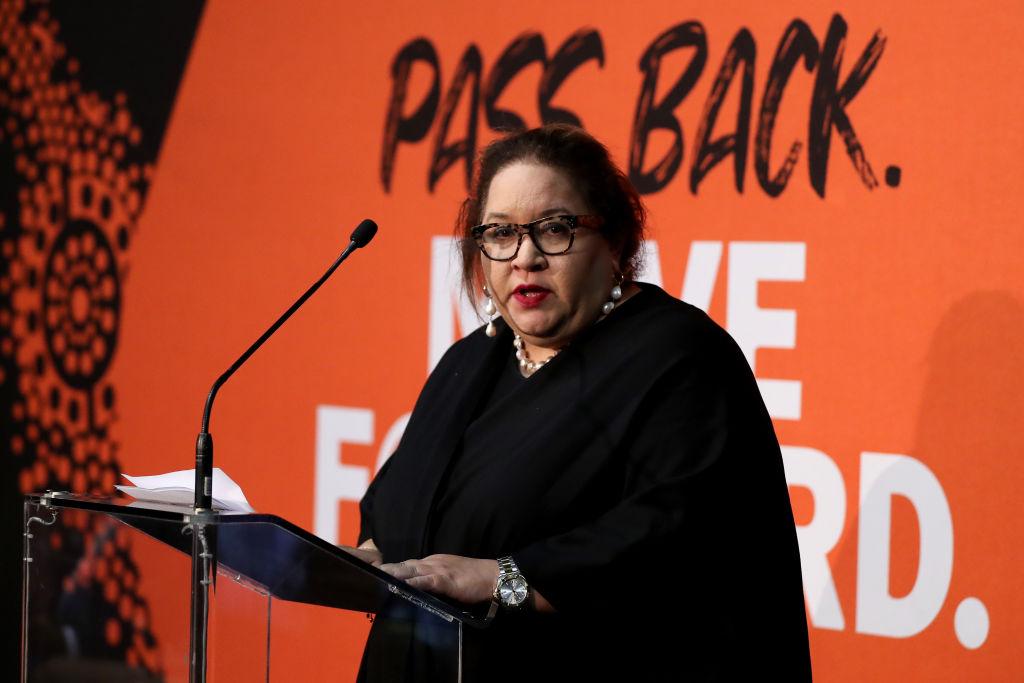A prominent “Yes” campaigner behind constitutional change in Australia has called on media outlets to do more to stop “misinformation and disinformation” on the Indigenous Voice to Parliament.
On Oct. 14, Australians will go to the polls to decide whether to alter the preamble of the Constitution and to embed an advisory body to Parliament into the nation’s founding document.





